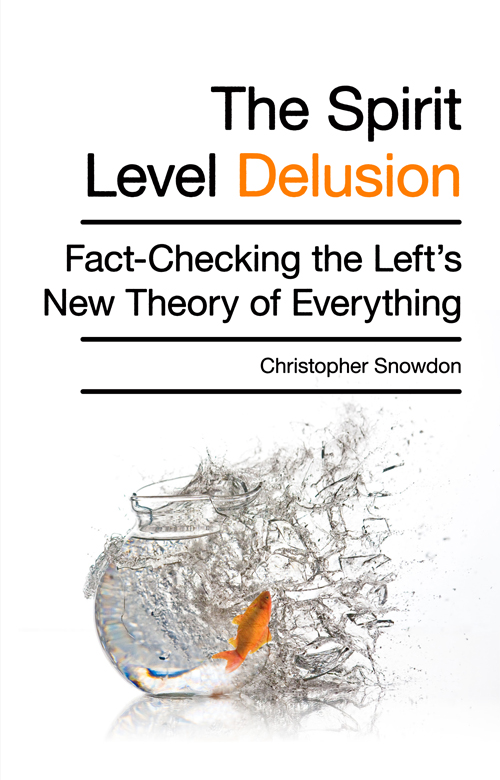High Speed 2 and the sunk-cost fallacy
SUGGESTED


World War I was deemed the ‘Great War’ by contemporaries simply because of its unprecedented scale and damage to human life. What is interesting, however, is the fact that the war had reached a stalemate as early as 1915, yet continued for another three years despite this. The accepted explanation is that no country involved wanted to surrender and be seen to have wasted the lives of troops who had fallen casualty to the war. The rationale was therefore to commit more soldiers in order to compensate for the already lost troops. I am sure the homo-economicus within you can see the flaw in this rationale. The leaders of wartime Europe had fallen prey to the sunk-cost fallacy. Regardless of whether the governments chose to continue the war or raise the white flag, the costs incurred by 1915 could never have been recovered.
The British economy is no stranger to the fallacy of sunk costs. With the taxpayer having to foot an ever increasing bill for High Speed 2 (HS2), the cost-benefit analysis of the project is becoming increasingly dubious. There is, however, a view amongst policymakers that, having already spent £300 million on the project, we are ‘too far gone to turn back now’. It is argued that too much time, money and political capital have been invested already for one to even contemplate abandoning a sinking ship.
The prospect of high-speed rail is attractive in theory but there is strong evidence that the benefits to be gained from the project will fall short of initial projections. Accordingly it would be rational for the government to rethink the programme. Whilst £300 million will be lost if the project is scrapped, the £300 million will also be lost if the project is left to continue. This is the very essence of a sunk cost. We should therefore find solace in the fact that bringing the project to a halt will prevent even more money being wasted.
However such action requires political bravery and detachment from the already incurred sunk costs. Perhaps if today’s government learns from the mistakes made by the protagonists of the World War I, we can ensure that future costs and benefits, and not past losses, are what drives economic decision-making for HS2.
2 thoughts on “High Speed 2 and the sunk-cost fallacy”
Comments are closed.




You are of course, falling for the fallacy that the Westminster mob actually have any say! The H2 rail link is an EU dictat, one that Westminster dare not cancel!
@Anonymous – While I accept the direction of EU transport policy may be having some influence, I have yet to see any hard evidence that HS2 or a similar high-speed line is mandated by an EU directive. If you are aware of such evidence I’d be grateful if you could post a link.